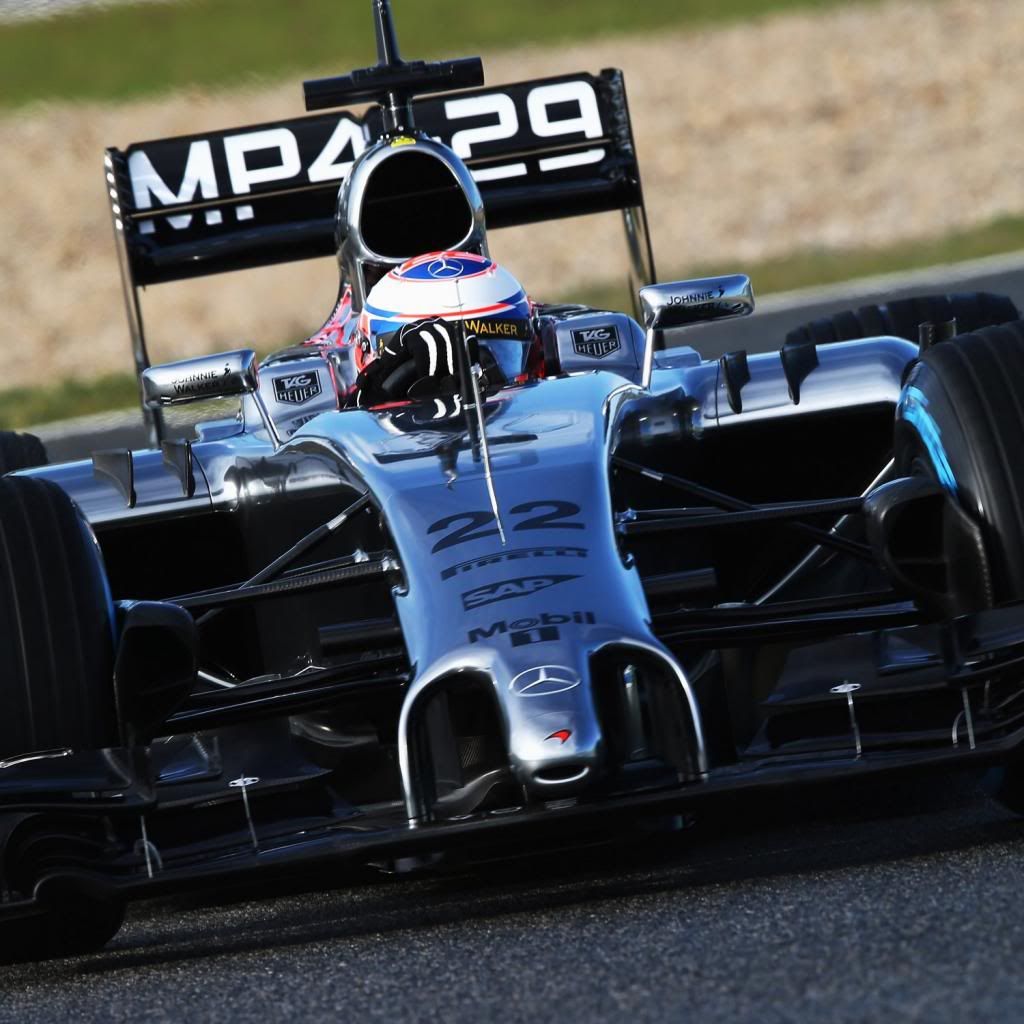SectorOne wrote:raymondu999 wrote:You can certainly maintain a sustained adrenalin rush over hours. As a public speaker I used to sustain myself on adrenalin on stage (the nature of my speaking is not calm stuff, but more high-energy stuff) I stutter whenever I rehearse, but once I'm in front of a crowd the adrenalin kicks in and stabilises me. I've done up to 3, maybe 3.5 hours on a single stretch (toilet breaks before/after, not during). However it may be different at several G - so I don't know about on track.
The proviso here is that even after taking the stage hundreds of times a year, I don't think my strategy of adrenalin sustenance is healthy. After I go off-stage, I would be shaking as if I had been doing some serious cardio and lifting (albeit without the muscle fatigue) and hyperventilating. My heart rate would be up in my cardio workout zone too.
I don´t think that´s Adrenaline you are describing honestly.
It´s a fight or flight system and eventually your body will have assessed the danger.
Just like you would have massive Adrenaline at the start of a race but when you are on lap 50 all by yourself you are not running around on an adrenaline rush because there´s no threat to the body.
Fight or flight is a neurological function driven by the autonomic nervous system (ANS). This system, when in fight or flight mode, is driven by the adrenals. These mechanisms can be triggered by emotional, environmental, or any number of real time experiential triggers which any individual can initiate in daily life.
With all due respect, to commandeer someone else's ANS by stating it is or is not an adrenal function, IMO, is pushing reality.
I'm no doctor but I've much personal experience with the ANS, it's functioning, and MO due to personal family dynamics, and it is of my opinion that a 3 or more hour ANS adrenal suspension is very possible, is not an exceptional event, but rather, quite common. Just watch a child at Disneyland for 8 hours and you'll see dam near constant adrenal release followed by a 12 hour nap as the rest and digest functioning kicks in to rebalance the system. I talk about the ANS in my cancer testimony video here if you want to know more detail:
http://youtu.be/SEtdmGyYxN0.
It's a long video, sorry, but the info is in there if your curious.
---
Back on topic, Vettel win for this one and my opinion is that if it's faster in turn 6 by taking a non typical line, Lewis is not alone in this understanding. I don't think another team driver takes a crap without another team knowing it. To think its exclusive or that Lewis has some hidden ability, IMO, is not realistic. If it's faster to take that section another way, the drivers will be informed of such by the team, no question.
Watching F1 since 1986.



